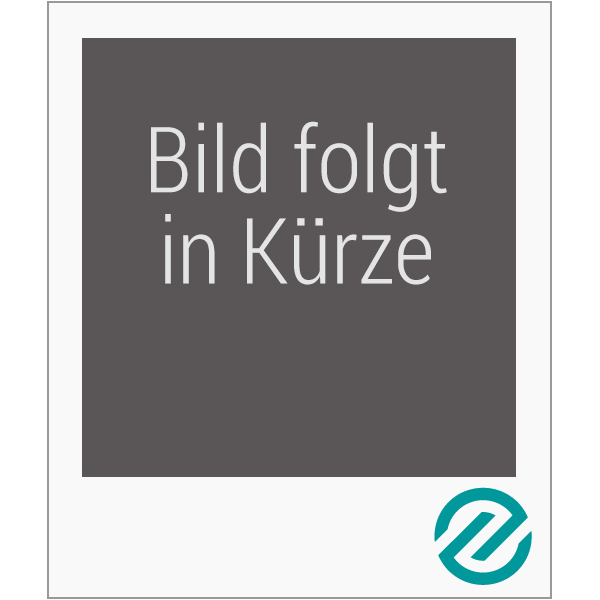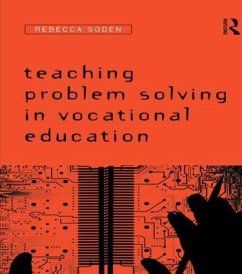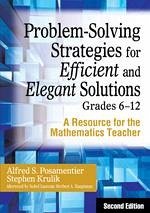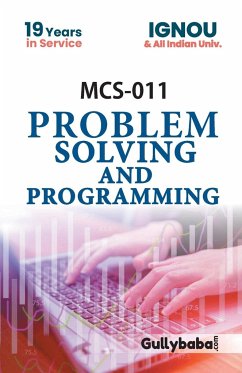
Powerful Problem Solving
Activities for Sense Making with the Mathematical Practices
Versandkostenfrei!
Nicht lieferbar
How can we break the cycle of frustrated students who "drop out of math" because the procedures just don't make sense to them? Or who memorize the procedures for the test but don't really understand the mathematics? Max Ray-Riek and his colleagues at the Math Forum @ Drexel University say "problem solved," by offering their collective wisdom about how students become proficient problem solvers, through the lens of the CCSS for Mathematical Practices. They unpack the process of problem solving in fresh new ways and turn the Practices into activities that teachers can use to foster habits of min...
How can we break the cycle of frustrated students who "drop out of math" because the procedures just don't make sense to them? Or who memorize the procedures for the test but don't really understand the mathematics? Max Ray-Riek and his colleagues at the Math Forum @ Drexel University say "problem solved," by offering their collective wisdom about how students become proficient problem solvers, through the lens of the CCSS for Mathematical Practices. They unpack the process of problem solving in fresh new ways and turn the Practices into activities that teachers can use to foster habits of mind required by the Common Core: * communicating ideas and listening to the reflections of others * estimating and reasoning to see the "big picture" of a problem * organizing information to promote problem solving * using modeling and representations to visualize abstract concepts * reflecting on, revising, justifying, and extending the work. Powerful Problem Solving shows what's possible when students become active doers rather than passive consumers of mathematics. Max argues that the process of sense-making truly begins when we create questioning, curious classrooms full of students' own thoughts and ideas. By asking "What do you notice? What do you wonder?" we give students opportunities to see problems in big-picture ways, and discover multiple strategies for tackling a problem. Self-confidence, reflective skills, and engagement soar, and students discover that the goal is not to be "over and done," but to realize the many different ways to approach problems. Read a sample chapter.








